Flexible Automation vs Fixed Automation
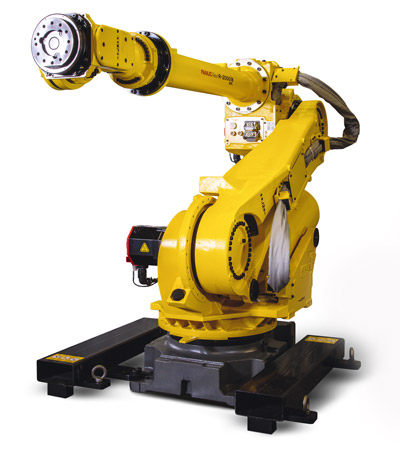
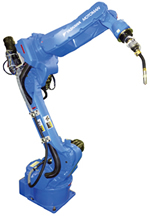
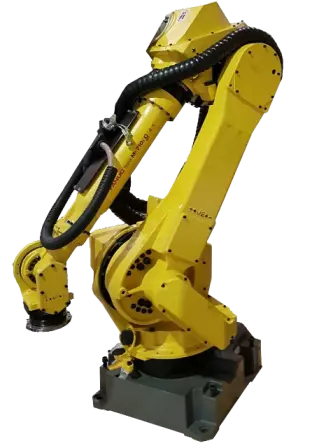
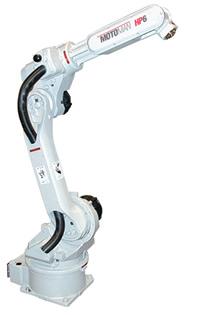
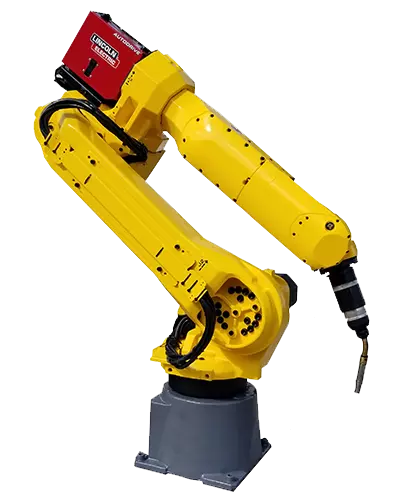
Automation has become the key to success for many manufacturers. It can increase productivity, improve quality, and reduce production costs. Flexible automation and fixed automation are the two most common types used in manufacturing.
Flexible Automation
The implementation of flexible automation for industrial manufacturing has been gaining popularity over the past several years. With high product line turnover, increased competition, and narrow profit margins plaguing manufacturers, flexible automation is the best solution. Industrial robots and multi-process CNC machines are typically used for flexible automation. With flexible automation, articulated robots are programmed to be highly adaptable to adjust automatically to application, process, or product changes.The biggest advantage of flexible automation is as the name implies, it is flexible. A Motoman HP20D can go from automated welding to robotic assembly. With today’s short product lifespans, investing in equipment that is capable of adapting along the way is invaluable. Manufacturers can expand their product lines since six axis robots can complete many different robotic applications and work with a variety of parts. It is ideal for those with a high mix of products for both high and low production volumes. Product lines also do not need to be grouped together into batches. A FANUC M20ia can assemble a mixture of products within the same batch run for a high variability. In addition, there is never any downtime due to reprogramming with flexible automation. A FANUC R2000ib/165F can be reprogrammed offline while still operating with its current process. This keeps uptimes high for reliable productivity rates.
The main disadvantage of flexible automation is that it can be expensive to implement. Buying an industrial robot, workcell, EOAT, and other peripheral equipment comes with a high price tag. However, industrial robots reduce costs, increase productivity, and improve product quality, making it possible to earn your ROI quickly. Buying a used robot can significantly reduce the upfront cost. The cost of a used robot is generally less than half of the new one, depending on the model. Robots are an investment that is long lasting and pays for its self in the long term with the potential for production and profit growth. Plus, when changes arise, robots can be redeployed to accommodate those changes, preventing manufacturers from having to purchase a new automation system. The FANUC M710ic/50 can be used in hundreds of different applications including robotic deburring and automated machine tending.
Fixed Automation
Fixed automation systems are used in manufacturing in order to perform a specific task or fixed sequence of processing operations. Fixed automation is also referred to as hard automation since programming is done through the gears, wiring, cameras, or other hardware of the machine, that otherwise does not allow for any variability. It is best for simple operations that are highly repetitive and consist of high product volumes.One advantage of fixed automation is that the initial cost to implement is relatively low compared to a robotic system. Since it is designed for straight forward processes, startup costs can be on the low end for manufacturing automation. Another advantage of fixed automation is that it can operate at very fast speeds producing outputs that are much higher than what human workers are capable of.
The biggest downside to fixed automation is that process changes cannot be made. Fixed automation is inflexible and once programmed adjustments are impossible. This means manufacturers would need to invest in another automation system should future changes occur. Another disadvantage of fixed automation is it cannot automate complex applications, only simple processes may be automated. For those looking to expand their manufacturing capabilities a flexible automation system would be best. This is why many companies chose to automate with industrial robots.
Robots Done Right is the place to start when it comes to used robots. Contact us if you are interested in buying or selling a used robot.